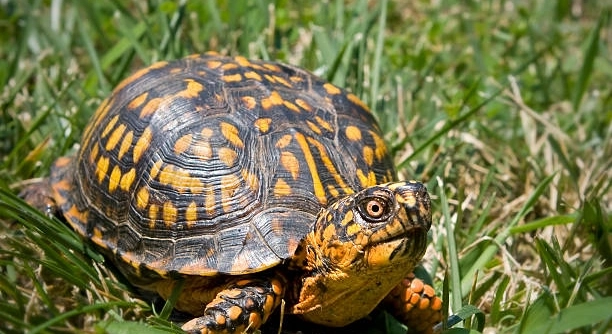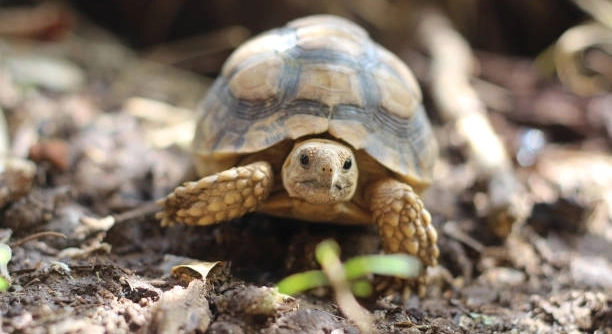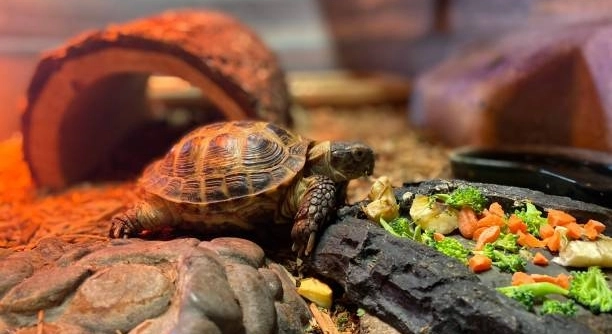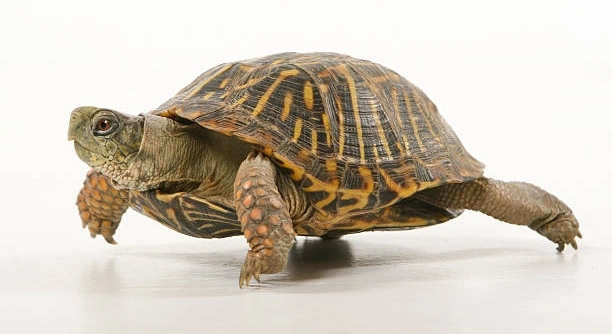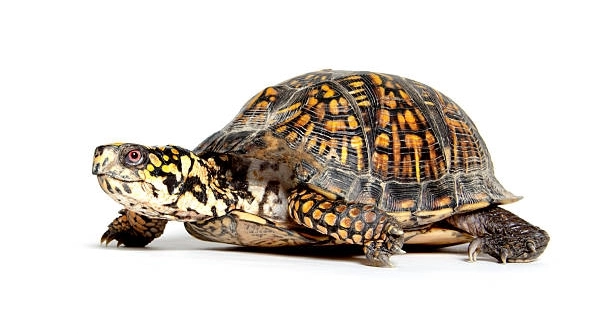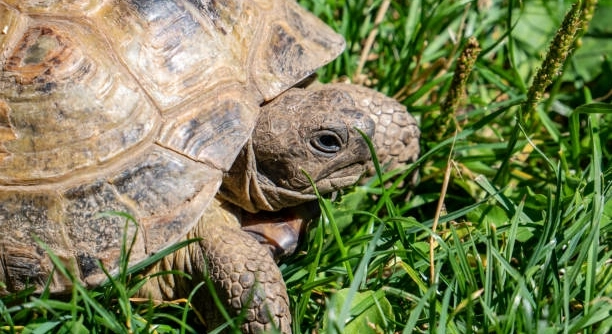Why Is My Box Turtle Pacing? (+7 Possible Reasons)
If you notice your box turtle pacing, it can be puzzling. Understanding this behavior can help you ensure your pet’s health and well-being. Turtles may pace for various reasons, each requiring different attention. Box turtles pace for several reasons, including stress, boredom, and environmental factors. If the enclosure is too small or lacks stimulation, your … Read more

